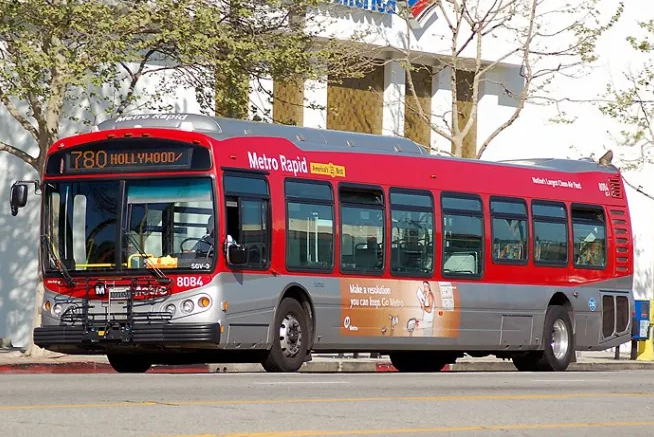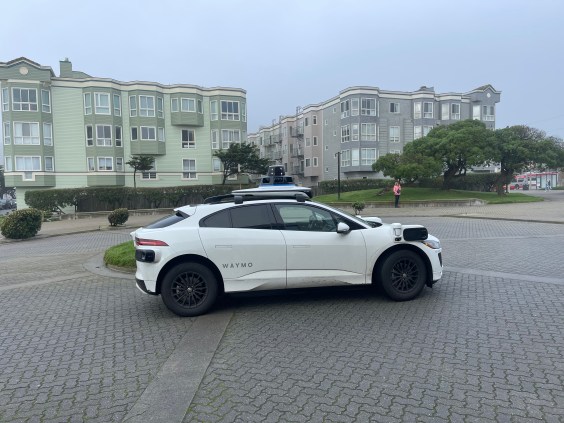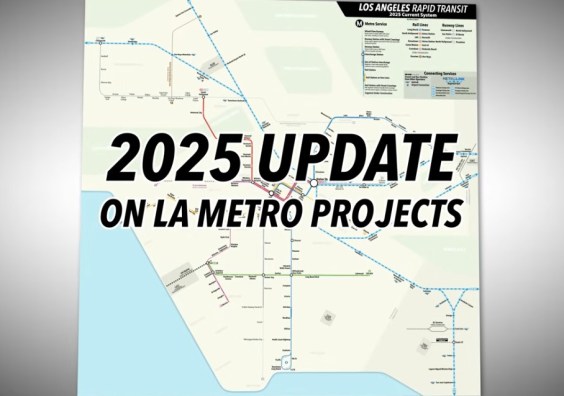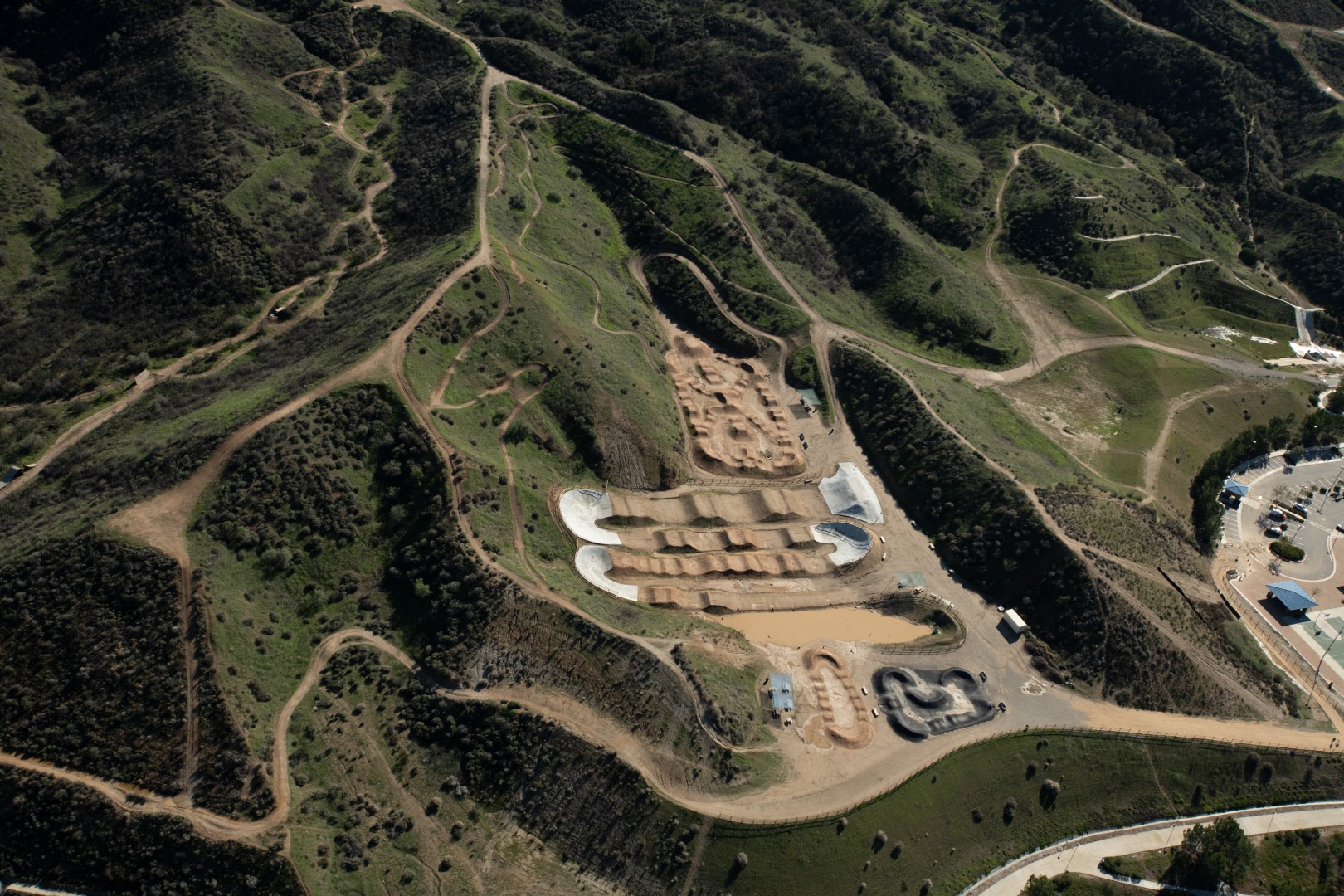Transit advocates are raising concerns about significant cuts to bus service embedded in Metro's proposed budget. The Metro board will discuss those cuts at its August meeting tomorrow, in advance of approving its fiscal year 20-21 budget in September. If Metro passes the proposed budget, it would lock in a 20 percent service cut.
Like many families, individuals, businesses, and governmental bodies, Metro is facing a lot of fiscal uncertainties right now. Revenue and ridership are down due to COVID-19 and its concomitant recession.
In May, Metro passed a continuing resolution budget that temporarily extended current spending levels. The agency is soon looking to approve a $6 billion FY20-21 budget, down from $7.2 billion last year. That is a ~16 percent decrease; it roughly mirrors reports that Metro sales tax revenues are down about 16 percent. Last week, Metro budget staff stated that the agency is facing "a big hole" in the budget, estimated to be a $1.8 billion deficit by the end of FY 20-21. $700+million of that loss is anticipated to be covered by the federal CARES Act COVID-19 stimulus.
Embedded in that new FY20-21 budget are transit service cuts: 20.3 percent for bus and 12.4 percent for rail. For FY21-22, Metro is looking to establish an 8 percent transit service hours cut as a new normal.
Earlier this month, responding to internal budget documents, the nonprofit Investing in Place raised the red flag that Metro's budget showed a lack of commitment to making the NextGen bus service reorganization a success. Transit Center questioned whether Metro's new budget would prioritize NextGen's overdue bus service improvements, or continue to fund transit and freeway capital projects, including accelerating projects for the 2028 Olympics.
This week more than twenty community groups - led by the Alliance for Community Transit and Investing in Place - have signed on to a letter calling on the Metro board to reject proposed budget cuts, and to fully fund the agency's NextGen bus system reorganization, including expansion of bus-only lanes. From that letter:
...budgets are reflective of an agency’s priorities, and that Metro’s single most important task is rescuing the bus network from years of declining ridership caused by poor service - infrequent, unreliable buses, plagued by crowding and declining speeds due to traffic from private autos. That is why we are so concerned to see Metro considering 20% service cuts in the immediate aftermath of the Covid pandemic and further proposing an 8% “new normal” bus service cut for Fiscal Year 2022. These cuts are worrying to bus riders and transportation advocates throughout the city: they suggest that Metro is deprioritizing the quality of bus service and they threaten to undercut the NextGen Bus Plan before it even has a chance to be implemented.
...Metro has a responsibility to protect the safety of riders and drivers. With reopening proceeding, even if it is happening slowly, we know that there will be more and more riders returning to the transit system. We also know that these riders will be concentrated in low-income neighborhoods, particularly in predominantly Black, brown and API communities. There is no safe way to cut service during this pandemic. Service cuts result in crowded buses where passengers cannot sufficiently socially distance. They result in passengers being left behind at stops.
L.A. City Councilmember and Metro boardmember Mike Bonin expressed similar sentiments in a statement to Streetsblog L.A.: "Metro's bus service is a lifeline for essential workers who are risking their own health and safety to stock our shelves, serve us food, and care for the sick. While the pandemic and resulting economic crisis have raised Metro's costs and caused an unprecedented drop in revenue, it should not change Metro's highest priority: providing safe and reliable transit service for riders. As more people return to work, Metro needs to be there for them. A 'new normal' that doesn't even get us back to the level of service we had before the pandemic—let alone improving it—is simply unacceptable for an agency that aspires to run a world-class bus system."
In addition to operations spending, Metro has also backed off from planned NextGen capital improvements.
Under the Transit First scenario, NextGen improvements would receive about a billion in capital funds over the next five years. These would include bus-only lanes, all-door boarding, transit signal prioritization, and more.
When pressed by advocates' public comments at last week's committee meetings, Phil Washington asserted that Metro was budgetarily committed to NextGen implementation, and pointed to $120 million in bus improvements. Today, Metro's The Source reiterated that same "we are continuing to invest in our bus system" message.
Though the projects Metro is pointing to as NextGen bus investments are good and needed, this is a bait and switch. By and large, these are not the core bus speed improvements needed for NextGen success. In supposedly outlining NextGen support, other than $600K for new bus lane projects in downtown L.A., Metro is pointing to unrelated or marginally-related construction projects (new Patsaouras Plaza Busway Station, Rosa Parks rail station revamp) and planning studies (delayed BRT lines, LAX rail station) for projects at least half a decade off.
Actual NextGen improvements - including bus lanes and all-door boarding - would remain unfunded in the current budget. Per a staff presentation, they are slated to receive $15 million starting in FY20-21 and through FY21-22. Assuming this flimsy future budget assertion actually happens, Metro will be way behind. They would be three years into a five-year $1 billion NextGen Transit First upgrade only having spent about $15.6 million on actual NextGen upgrades.
Tomorrow starting at 10 a.m., the full Metro board will meet. Their agenda includes receiving and discussing staff reports on the FY20-21 budget development process and proposed cuts to transit service. Advocates are encouraging the public to weigh in against the planned service cuts; see this toolkit for instructions on ways to make your voice heard.






